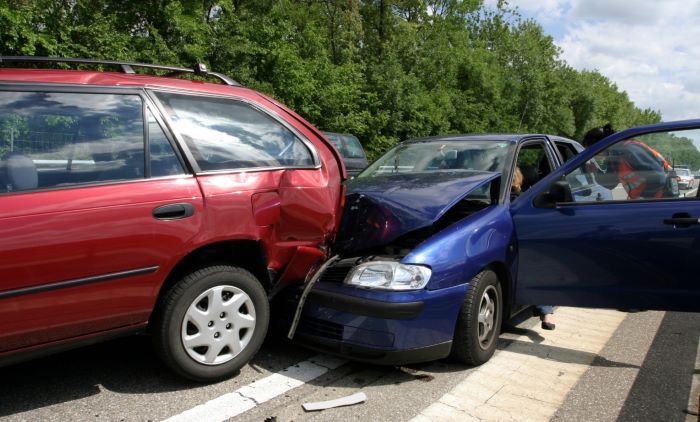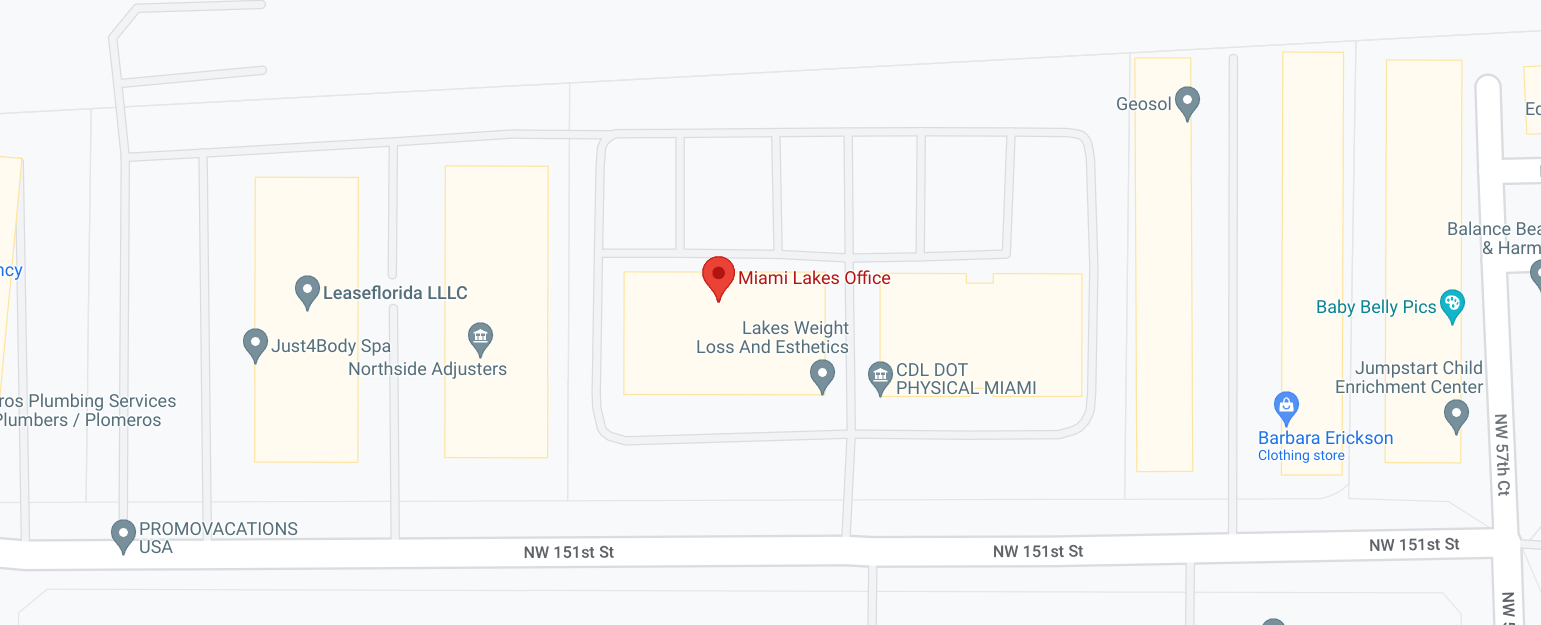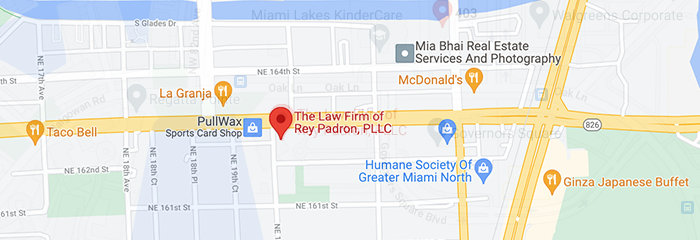Dealing with cross-state car accident insurance claims requires knowledge of state laws and insurance requirements. Specifically, you must determine which state laws apply to your case based on which state has jurisdiction. Knowing the various laws and the insurance claims process is critical to follow the proper procedures to facilitate a faster and more efficient way to get paid for injuries or damages.
Challenges in Cross-State Car Accident Insurance Claims
Many factors contribute to making cross-state car accident insurance claims complicated. However, with the guidance of a reliable car accident lawyer in Miami, you can easily navigate these factors. Their expertise can simplify the process and ensure you are on the right track with your claim.
Jurisdiction
Understanding jurisdiction is a pivotal factor in cross-state car accident insurance claims. It’s particularly challenging for out-of-state drivers to win an insurance claim for car accidents in Miami. Many are unaware of the jurisdiction’s impact until they are deep in their legal and insurance paperwork, making it a focal issue.
Jurisdiction is determined based on the location where the accident occurred, the driver’s residency, and where the insurance was issued. However, all these factors can be complicated when discussing tourist drivers in Miami. Still, they are superseded by Florida’s long-arm statute over these cases, as driving in Florida means you consent to the state gaining jurisdiction.
Any car accident within Florida’s borders will automatically be under Florida law’s jurisdiction. Therefore, Florida courts will handle any insurance claims and lawsuits. For example, New York or Texas tourists must familiarize themselves with the Florida state laws involving car accidents, or else it could lead to procedural missteps.
Moreover, each court is unique, so Florida courts will handle such cases at different speeds and litigation process that they usually would in other states. In addition to the different court procedures, determining jurisdiction over the case is critical because it affects the filing timeline. In Florida, you have up to four years to file a case for personal injuries due to a car accident. Some states will only allow up to two years deadline.
Florida’s No-Fault System
Another factor to consider when navigating cross-state insurance claims due to a car accident in Miami is the state’s no-fault system. A no-fault system means that all drivers in Miami (or Florida) must have insurance coverage for personal injury. In a car accident, regardless of who is at fault, they can use that insurance policy to cover the medical expenses. It eliminates the delays in receiving medical treatment for injuries due to insurance claims processing.
However, most personal injury coverage won’t be enough for medical expenses. You can file a lawsuit to pursue additional coverage from the at-fault driver for your injuries. The compensation you will receive will be based on the comparative negligence system, wherein authorities will evaluate the percentage that each driver has contributed to the car accident. The more liable you are, the higher the percentage of fault. For example, you are 30% at fault for the accident. Instead of receiving $100,000 as compensation, your insurance claim will be reduced by 30%, meaning you can only receive up to $70,000.
Out-of-State Insurance Coverage
Another factor to consider when handling cross-state car accident insurance claims is the policy for tourist drivers. Different states have different requirements for the minimum insurance each driver must carry. Therefore, their policy might be insufficient to cover the cost of your injuries.
An experienced car accident attorney in Miami is crucial when seeking adequate compensation for your car accident. They can provide legal guidance and build a solid case to prove that out-of-state drivers are 100% at fault. Their expertise can help cover the expenses for your injuries sustained from the car crash involving out-of-state drivers.
What You Must Do Following an Accident with Out-of-State Drivers
As mentioned above, many legal complexities are involved in handling insurance claims with out-of-state drivers in Miami. However, knowing what to do following a car accident can prove helpful later on if you should pursue the claim or a lawsuit to cover the additional medical expenses.
The first and most crucial step is to report the accident to the Miami authorities. The official police report is key evidence for your legal proceedings and when filing insurance claims.
Next, seek medical attention. You will need the official medical report to assess your condition, even without apparent injuries. Some injuries due to the car accident will show up later, and you need those medical records to prove that those injuries or conditions did not exist before the accident.
Proper documentation is key in handling a car accident with out-of-state drivers. Collecting photo and video evidence, exchanging information with the other driver, and alerting your insurance company and lawyer are all crucial steps that can provide you with security and protection.
Lastly, alert your insurance company and your car accident lawyer. Your lawyer will guide you through what you need to do to ensure you have everything you need to build a strong case in case you need to file a lawsuit later.
Minimum Insurance Coverage Requirements
Each state has different minimum insurance coverage requirements, which can complicate filing insurance claims against out-of-state drivers.
First, most insurance providers follow the “broadening clause” that automatically adjusts the coverage based on the minimum legal requirements for the state where the car accident occurs, which is Florida. While this is good news for the victims affected by out-of-state drivers, it can cause disputes about how much is covered, how to apply the policy provisions, and how the personal injury coverage interacts with the liability coverage.
Another factor that can complicate differences in insurance policy laws and requirements is how claims are handled across different states. For example, Florida has its own policies on handling insurance claims, which might differ from how insurance laws operate in the tourist driver’s home state.
Ensuring efficient claims processing requires thorough coordination between insurance companies operating in different states. It can lead to potential delays, legal disputes, and more. Working with a car accident lawyer in Miami with experience in such complicated scenarios can save you from the hassle. They know the loopholes and can take the most appropriate legal actions to benefit your case and increase your chances of making a successful claim.












